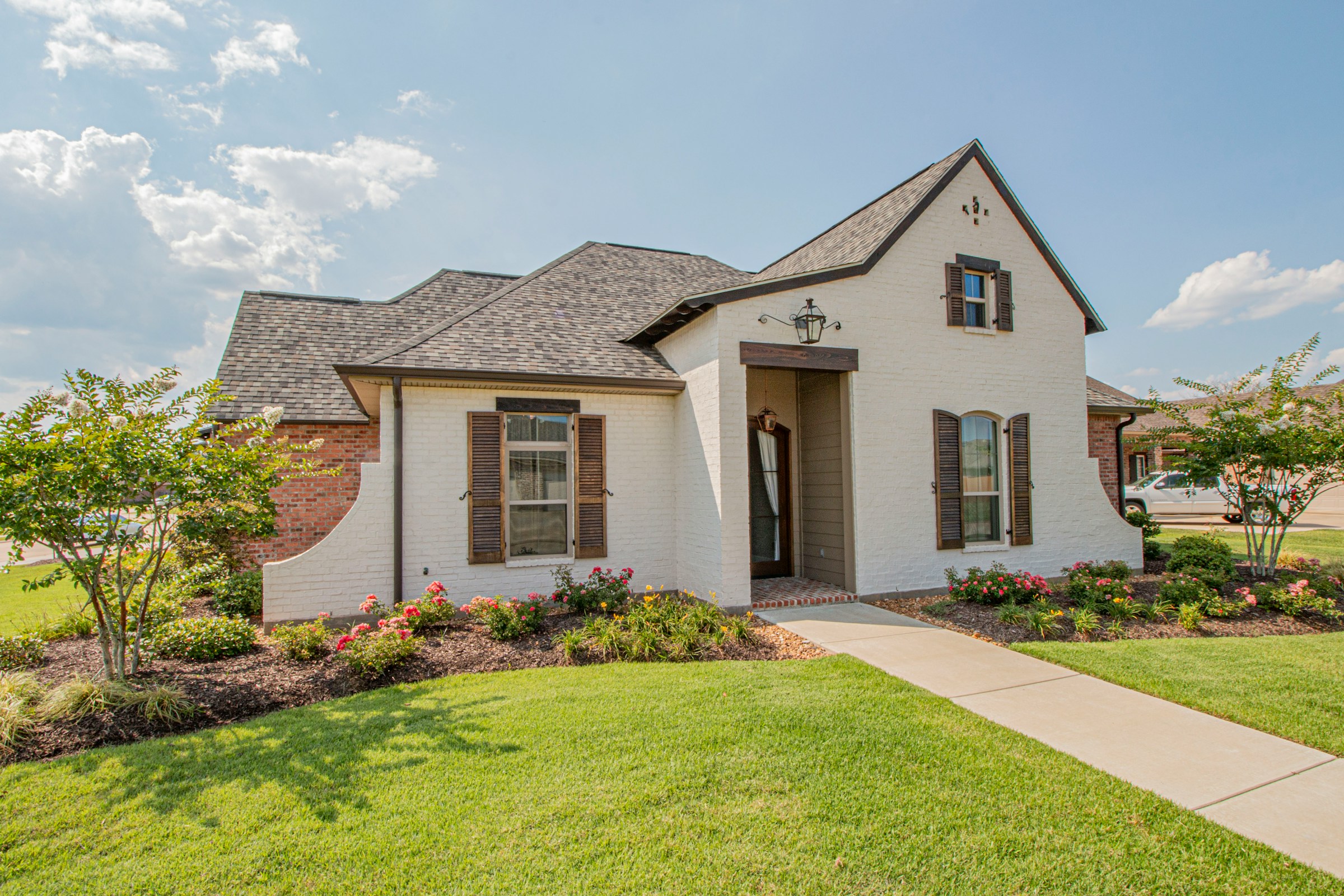As you’re planning to convert your residential property into a short-let holiday home, it’s crucial to consider the legal obligations that come with it. Not only do you need to ensure the safety and comfort of your guests but also meet specific regulations set by the UK government. If you’re wondering what steps to take, this article will provide a comprehensive guide. We’ll discuss vital topics such as getting the necessary permissions, adhering to fire and gas safety standards, understanding mortgage regulations, and acquiring the right insurance coverage.
Getting the Required Permissions
Before you start welcoming guests into your holiday home, remember that you might need local authority permissions. This could be planning permission, depending on the extent of the change of use, or licensing if your property is a House in Multiple Occupation (HMO). It’s not something you should overlook, as failure to get the correct permissions can lead to severe penalties.
Sujet a lire : How Can Property Owners in Edinburgh Leverage Festival Tourism for Short-Term Rentals?
If your property is leasehold, you should also check your lease. Many leases prohibit or restrict using the property for short-term lets. Furthermore, if you have a residential mortgage, your lender may also need to give their consent before you start letting as a holiday home.
Adhering to Fire and Gas Safety Regulations
Your guests’ safety should be a priority when transforming your residential property into a short-term holiday home. One major area you must focus on is the fire and gas safety regulations.
A découvrir également : How Will the New Wildlife Conservation Laws Affect Rural Property Developments in the UK?
For fire safety, you must ensure that each level of your property has a working smoke alarm. The furniture you provide should also meet the fire resistance requirements under the Furniture and Furnishings (Fire Safety) Regulations 1988.
As for gas safety, if your property has gas appliances, it’s your responsibility to ensure their safety. You’ll need to arrange an annual gas safety check by a Gas Safe registered engineer.
Understanding Mortgage Regulations
It is essential to understand the mortgage regulations related to letting properties on a short-term basis. While planning to convert your residential unit to a short-let holiday home, you might need to switch your existing residential mortgage to a buy-to-let one.
Your existing mortgage agreement may prohibit you from renting out your property without the lender’s permission. Failing to inform your lender could result in a breach of contract, and they could demand immediate repayment of the mortgage in full.
Covering Legal Obligations with Insurance
Renting out your property as a holiday home may also affect your building and contents insurance. Regular home insurance policies don’t usually cover homes that are rented out, so you’ll probably need to get a specific holiday let insurance policy.
These policies typically include public liability insurance, which can cover you if a guest gets injured in your property and decides to claim. They can also protect you against any potential damage that guests could cause to your property or its contents.
Fulfilling Year-round Responsibility
Even if your property is only available for short-term lets for part of the year, you still have certain responsibilities as a landlord year-round.
You’re required to maintain the property to a safe and decent standard, even when it’s not occupied. This includes regular checks for any potential hazards and making sure the property remains secure. If you’re unavailable to fulfil these obligations, you might want to consider hiring a property management service.
There’s a lot to think about when converting a residential property into a short-term holiday home. However, by taking the time to understand your responsibilities and obligations, you can ensure a smooth, successful transition.
Meeting Health and Safety Requirements
A crucial aspect of converting a residential unit into a short-term holiday property is meeting all health and safety rules and regulations. This includes conducting regular risk assessments and ensuring that all electrical and gas installations are safe and up-to-date.
For a start, it’s a legal requirement to have a Fire Risk Assessment carried out on your property. This crucial document identifies potential fire hazards and outlines measures to mitigate these risks. It’s also a good idea to display a clear fire evacuation plan on the premises.
In terms of gas safety, remember to provide a carbon monoxide detector if your property has a fuel-burning appliance. It’s not just a recommended practice, it’s actually a legal requirement.
Likewise, electrical safety is paramount. Regular electrical inspections by a qualified electrician are necessary to ensure all electrical installations adhere to safety standards. Don’t forget to obtain an electrical safety certificate as proof that your property is electrically safe.
Moreover, consider the general health and safety of your guests. This includes simple measures like installing handrails on stairs, providing a first-aid kit, and ensuring the property is properly cleaned and sanitized between stays.
Understanding Council Tax and Business Rates
Understanding how council tax and business rates apply to your holiday cottage is crucial. If you’re letting your property on a short-term basis, you may be required to pay business rates rather than council tax.
For a property to be considered a furnished holiday let for tax purposes, it must be available for letting for at least 210 days in the year and actually let for at least 105 days. If you meet these criteria, you could be eligible for small business rate relief, which can reduce your bill by up to 100%.
Remember, these rules can vary by local authority, so it’s always best to check with your local council. Also, make sure to keep accurate records of your holiday lettings to substantiate your claims.
Conclusion: Ensuring a Smooth Transition
In conclusion, converting a residential unit into a holiday let is a major undertaking that requires careful planning and understanding of the numerous legal requirements. From securing the necessary planning permission and licenses to meeting fire safety, gas safety and health safety standards, these steps are vital to ensure a successful and lawful conversion.
Remember, maintaining your holiday property doesn’t end once your guests have checked in. Year-round responsibilities such as regular risk assessments, property maintenance and understanding tax implications are part of the package.
While the process might seem daunting, keeping these tips in mind when letting your holiday cottage will help you navigate through the maze of rules and regulations, ensuring a smooth, successful transition from long-term residential to short-term holiday let. Compliance not only safeguards your investment but also ensures your guests’ safety and comfort, which is essential for the continued success of your holiday property.






